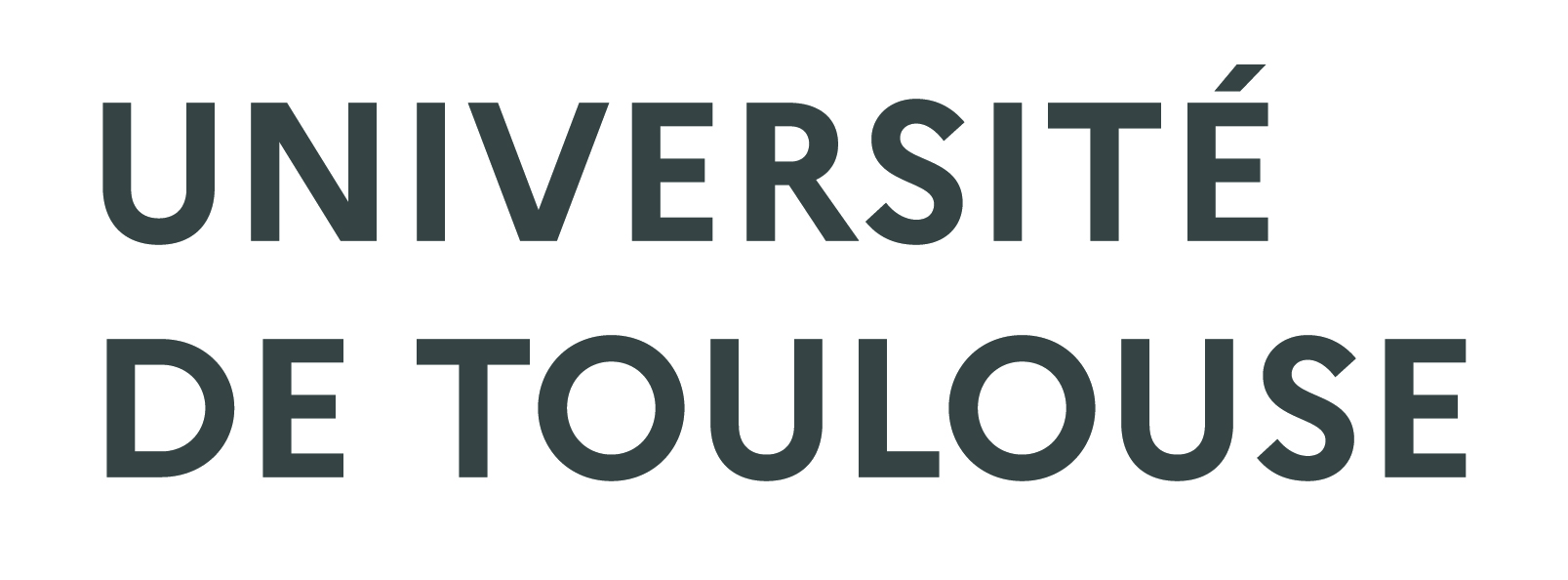Early-life inequalities and biological ageing: a multisystem Biological Health Score approach in Understanding Society
Résumé
Social position is known to play a role in the quality of ageing, notably through the stimulation/dysregulation of key physiological systems in response to external stresses. Using data from one wave of Understanding Society including 9088 participants, we defined, as an extension of the allostatic load, a synthetic Biological Health Score (BHS) capturing the wear-and-tear of four physiological systems (endocrine, inflammatory, cardiovascular and metabolic systems) and two organs (liver and kidney). We used 16 established blood-derived biomarkers of these systems to calculate the BHS and explored the relative contribution of socioeconomic position to the BHS and its main components across age groups. We identified a systematic decreasing education-related gradient of the BHS (p<0.001) leading to lower biological risk in participants with longer education. Education-related differences in the BHS were detected early in life, and were not attributable to lifestyle and behavioural factors. We found a consistent contribution of the inflammatory and metabolic systems to the overall score throughout from early adulthood onwards, while the contribution of the other four systems seems to vary across age groups and gender. Our findings highlight the social-to-biological processes ultimately leading to health inequalities, and suggest that such disparities can already be detected in the 20–40 years old age group and cannot be fully explained by lifestyle and behavioural factors. This may define early adulthood social condition as a precursor to accelerated biological ageing and as an important target for public health policies.
Domaines
Sciences du Vivant [q-bio]| Origine | Fichiers éditeurs autorisés sur une archive ouverte |
|---|

